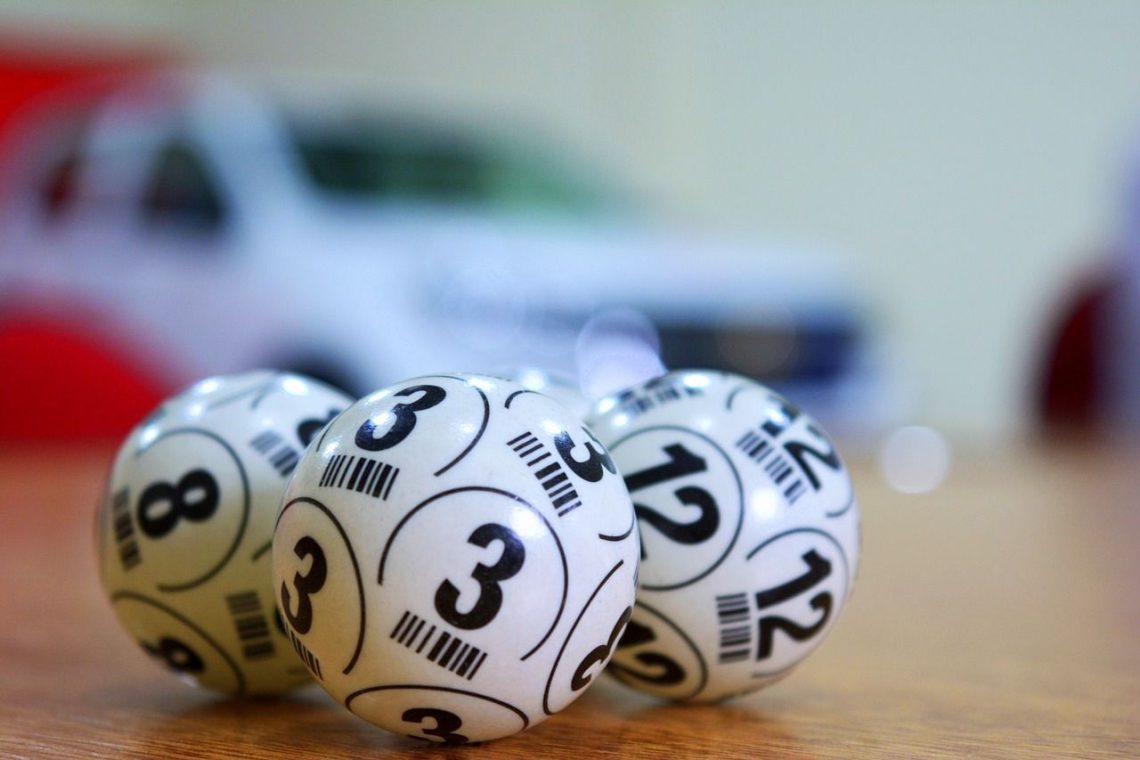The lottery draw is a captivating event that captures the imagination of millions around the world. It combines the thrill of chance with the hope of winning a life-changing sum of money. From state-sponsored lotteries to international games, the result cambodia has become a staple of modern society. This article delves into the mechanics of lottery draws, their history, types, and the impact they have on players and society as a whole.
History of Lottery Draws
The concept of lotteries dates back thousands of years. The earliest recorded lottery was held in China during the Han Dynasty (205-187 BC), where it was used to fund major government projects, including the Great Wall. In Europe, lotteries became popular in the 15th century, primarily for raising funds for public works and charitable causes.
The modern lottery as we know it began in the 20th century, with the establishment of state-run lotteries in the United States. Today, lotteries generate billions of dollars in revenue, which are often allocated to education, infrastructure, and other public services.
How Lottery Draws Work
Lottery draws operate on a simple premise: players purchase tickets with the hope of matching randomly drawn numbers. The mechanics can vary, but generally involve the following steps:
- Ticket Purchase: Players buy tickets, often selecting their own numbers or opting for a quick-pick option where numbers are randomly generated.
- Draw Event: A draw is held at a predetermined time, either through a mechanical process (like a spinning drum) or an electronic random number generator.
- Winning Numbers: The drawn numbers are announced, and players check their tickets against these numbers.
- Prizes: Depending on how many numbers a player matches, they can win varying amounts, from small prizes for partial matches to jackpot prizes for complete matches.
Types of Lottery Draws
There are several types of lottery draws, each with unique formats and prize structures:
- Traditional Lotteries: These involve selecting a set of numbers from a larger pool. For example, in a 6/49 lottery, players choose six numbers from 1 to 49.
- Scratch-Off Tickets: These instant-win games require players to scratch off a ticket to reveal symbols or numbers. If certain conditions are met, players win immediately.
- Powerball and Mega Millions: These multi-state lotteries offer enormous jackpots, often exceeding hundreds of millions of dollars. They typically involve choosing a set of numbers and an additional “power” number.
- Daily Lotteries: These smaller games are drawn daily and usually feature lower jackpots but higher chances of winning.
The Appeal of Lottery Draws
The allure of lottery draws lies in their potential for life-altering wins. The idea of winning a substantial amount of money with just a small investment is incredibly enticing. Many players are drawn to the excitement of the draw itself, often gathering with friends and family to watch the results live.
Additionally, lotteries can promote a sense of community. Many lotteries allocate a portion of their revenue to support local causes, including education and public services. This creates a sense of shared purpose among players, as they contribute to their community while trying their luck.
Strategies and Myths
While lottery draws are primarily games of chance, some players believe in strategies to improve their odds. Common approaches include:
- Choosing Less Popular Numbers: Some players opt for numbers that are less frequently chosen by others to avoid splitting the jackpot.
- Playing Consistently: Regular players often stick with the same set of numbers, believing it increases their chances over time.
Despite these strategies, it’s crucial to remember that lotteries are inherently random. Many myths surround lotteries, such as “hot” or “cold” numbers, which suggest certain numbers are more likely to be drawn. In reality, every number has an equal chance in each draw.





